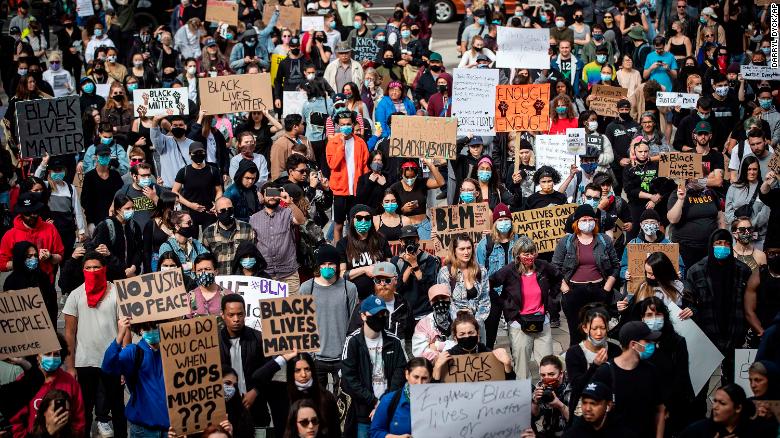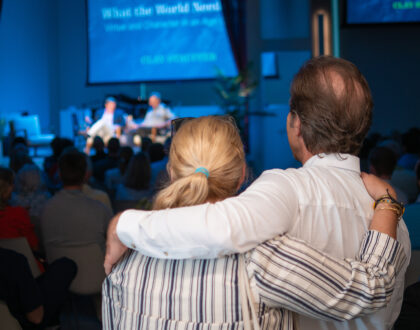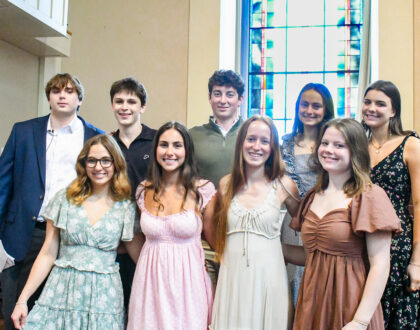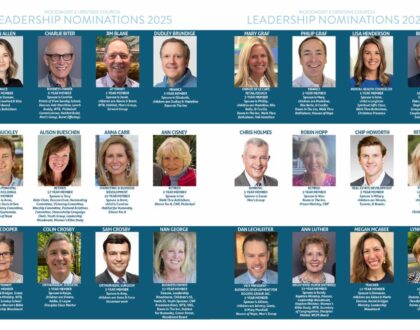Pain In Our Country

On Memorial Day, May 25, an unarmed African American man named George Floyd was taken into police custody in Minneapolis, MN. We have all now seen the horrific video footage of the officer who did not remove his knee from Floyd’s neck for over eight minutes, causing him to tragically lose his life. This has led to justifiable outrage and anger across our nation. It has led to mass protests, demonstrations, riots, looting, and now the burning of American cities. This is all very sad and hard to watch. I want to share a few honest thoughts with you about this situation and the issues at hand.
• Like many other ministers, I do not have all the answers to racism, injustice, and systemic inequality in this nation. I have wrestled with it for years. I was born and raised in Memphis, TN where MLK was killed, a town that has deep-rooted racial tension. I believe that racism and discrimination is wrong, and that as people of faith, we are called to boldly speak out, and work hard to make it better.
• In recent years, many in our church family have been unafraid to have these difficult conversations and have challenged others to do the same. We have offered programming, classes, and forums on these topics. The conversations can be uncomfortable but necessary to bring about change. This has also been a top priority for the Christian Church in Tennessee.
• What that police officer did in Minneapolis is reprehensible, sickening, and mind-boggling. And as we all know, this has happened again and again in our nation. Many police chiefs and officers across this nation have condemned this, as well as the other officers who did not step in to stop it.
• There is a big difference between peaceful protesters who are justifiably outraged and those who are intentionally burning cities and businesses down. These are not the same groups and they are not the same thing. We must see the difference.
• The Bible makes it very clear that there is a direct correlation between justice and peace. That cannot be ignored or dismissed. The Judeo-Christian tradition has always been clear about this connection.
• It is hard (perhaps impossible) for people who are not the victims of oppression, racism, and injustice to truly understand what it feels like. Hearing stories is not the same thing as experiencing it first-hand. Yet, we must ask and answer the questions, “What are we being called to do? How can we listen? How can we make it better?”
• Issues of race are inextricably linked to issues of socio-economic class. It is very difficult to discuss one without discussing another. We must find creative ways to build a more inclusive capitalistic society.
• As we have been reading in James 3, rhetoric matters when it comes to moral leadership. What we say and how we say it is very important. Even more important than that is how we live.
• I still believe that a very high percentage of police officers are good people and do their very best to protect and serve their communities. We cannot judge all police by the abhorrent behavior of a few. At the same time, we can always be working to reform and improve our law enforcement and criminal justice system. They are essential in any civil society.
I challenge Woodmont to continue engaging these issues. Discuss them. Debate them. Pray about them. Let’s bring in others to hear their voice, their stories, and their perspective. As a church, we will continue to serve this community to the best of our ability through outreach giving, Fall-Hamilton partnership, Habitat, Morgan Scott, Nashville Food Project, Racial Reconciliation, Room in the Inn, AA, Al-Anon, Second Harvest, Faith Family Medical Center, Interfaith Dental Clinic, and so much more. These are ministries that address real needs in a divided world that has a lot of pain, division, and deep hurt. And I will still argue – Christ is calling us to do more.
-Clay
Recommended Posts

Healing, Growth, & Renewal Over Time
May 30, 2025

Values for Our Graduates
May 20, 2025

Leading in the Church
May 16, 2025

